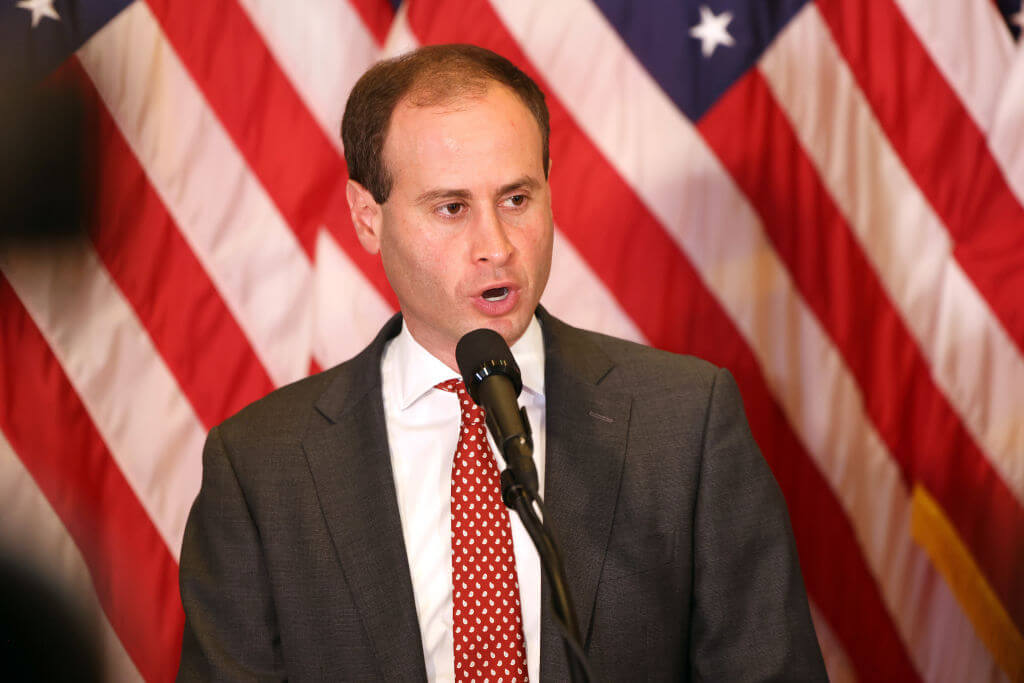October 17, 2008
Learn Some Lessons From Gaza Withdrawal
The Forward’s October 10 editorial, “Ehud Olmert’s Parting Words Dared To Offer Painful Truth,” ignores the consequences of Israeli withdrawal to the pre-1967 lines.
The people of Sderot and the western Negev have been suffering ever since Israel withdrew all its civilians, soldiers and military bases from Gaza in 2005. Palestinian armed forces have used settlement areas abandoned by Israel as strategic forward bases from which they launch attacks against our communities.
While there is now a temporary cease-fire, there is no question that attacks on our communities will increase in ferocity when it comes to an end in December.
The danger of future Israeli withdrawals is not to the settlements established after 1967. The threat is that Fatah and Hamas will use any area ceded to them as forward bases from which they will attack the rest of Israel, from Jerusalem to the Ben Gurion International Airport.
This is not a left-wing or right-wing position. This is reality.
Why does the Forward ignore the Gaza precedent of the consequences of Israeli withdrawals?
Noam Bedein
CEO
Sderot Media Center
Sderot, Israel
The Forward takes the convenient view that, since it agrees with Ehud Olmert’s current policy to retreat entirely from Judea, Samaria and eastern Jerusalem and create a Palestinian state, Olmert is right to pursue this policy even though he has resigned.
Untrue.
In democracies, caretaker prime ministers do not even appoint new ministers and heads of departments, let alone initiate new policies and diplomatic initiatives — especially when the public opposes them, as the Israel public does here. A March 2008 Maagar Mochot poll found that 62% of Israeli Jews, on principle, oppose discussing dividing Jerusalem in negotiations with the Palestinians. Moreover, most also believe that there is “very little chance” that signing a final-status peace agreement with the Palestinian Authority — even one that divides Jerusalem — would bring either a cessation of terrorist attacks (69%) or an end to Palestinian claims in Jerusalem (61%).
The Israeli view is based on reality: An An-Najah National University poll from last month showed that 54.3% of Palestinians reject the idea of a Palestinian state living in peace with a neighboring Israel.
Neither democratic practice, Israeli opinion nor Palestinian views lends support to the idea that setting up a Palestinian state in order to produce peace is a policy Olmert should be advancing.
Morton A. Klein
National President
Zionist Organization of America
New York, N.Y.
Orthodox Spoke Out, But Did Yoffie Listen?
With respect to the labor law charges that have been leveled against Agriprocessors, Rabbi Eric Yoffie writes that he has not heard from “the Orthodox community and its leaders” about the importance of ethical treatment of workers (“Orthodoxy’s Kosher Crisis,” October 3).
I think I may know why.
Back in June, shortly after the federal raid on the Agriprocessors plant, the Rabbinical Council of America issued a statement, born of l’affaire Agriprocessors, about the Jewish mandate to treat our fellow human beings, “Jew or non-Jew, rich or poor … legal or illegal immigrants … with fairness and dignity at all times”; the importance of obeying “all of the laws and regulations of the land”; and the need to “show sensitivity to needless animal suffering, preventing it where possible, and minimizing it when unavoidable.”
That same month, in a syndicated column, an Agudath Israel of America spokesperson (that would be me) wrote that “a Jewish business operating in bad faith, violating the law of the land or mistreating its employees deserves tochacha, halachically appropriate criticism. Its actions violate the Torah and carry great potential for ‘chilul Hashem,’ or desecration of G-d’s name.” That theme has been sounded repeatedly and publicly over many years by rabbinic luminaries at the helm of Agudath Israel.
It behooves Rabbi Yoffie, as it does all of us, to withhold judgment about guilt here (and, I would submit, to refrain from calling Agriprocessors’ owners “rapacious”) until the company has had its day in court. But if the rabbi hasn’t heard Orthodox rabbinic voices speak out on the importance of Jewish business ethics, it’s likely because he hasn’t been listening.
Rabbi Avi Shafran
Director of Public Affairs
Agudath Israel of America
New York, N.Y.
A Jewish State Should Protect Jews First
I read with interest the article about “pogroms” perpetrated by settlers against the Palestinians (“After ‘Pogrom’ Israel Debates Who Controls Settler Violence,” September 26).
Ehud Olmert seems annoyed about Jews retaliating. He doesn’t want pogroms against non-Jewish residents. All the talk is about the Israeli army protecting the Palestinians.
Who is supposed to protect the settlers? How many homes have to be burned down? How many children stabbed?
It seems to me that the agenda is to demonize the settlers, so that they can be kicked out like the residents of Gaza, who still have not been rehabilitated as promised. The job of a Jewish government is to protect Jewish citizens first and worry about non-Jews second.
Before Tzipi Livni gives away half of Israel, with nothing in return, I hope she keeps that in mind!
Miriam Edelstein
Nanuet, N.Y.
A message from our CEO & publisher Rachel Fishman Feddersen

I hope you appreciated this article. Before you go, I’d like to ask you to please support the Forward’s award-winning, nonprofit journalism during this critical time.
At a time when other newsrooms are closing or cutting back, the Forward has removed its paywall and invested additional resources to report on the ground from Israel and around the U.S. on the impact of the war, rising antisemitism and polarized discourse.
Readers like you make it all possible. Support our work by becoming a Forward Member and connect with our journalism and your community.
— Rachel Fishman Feddersen, Publisher and CEO























